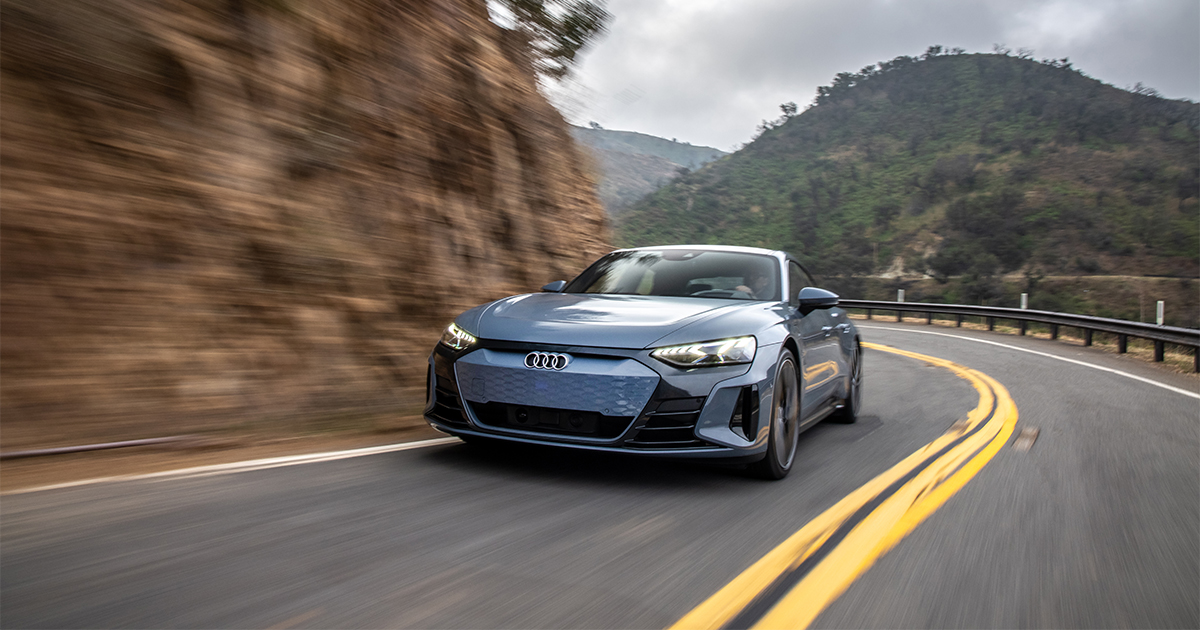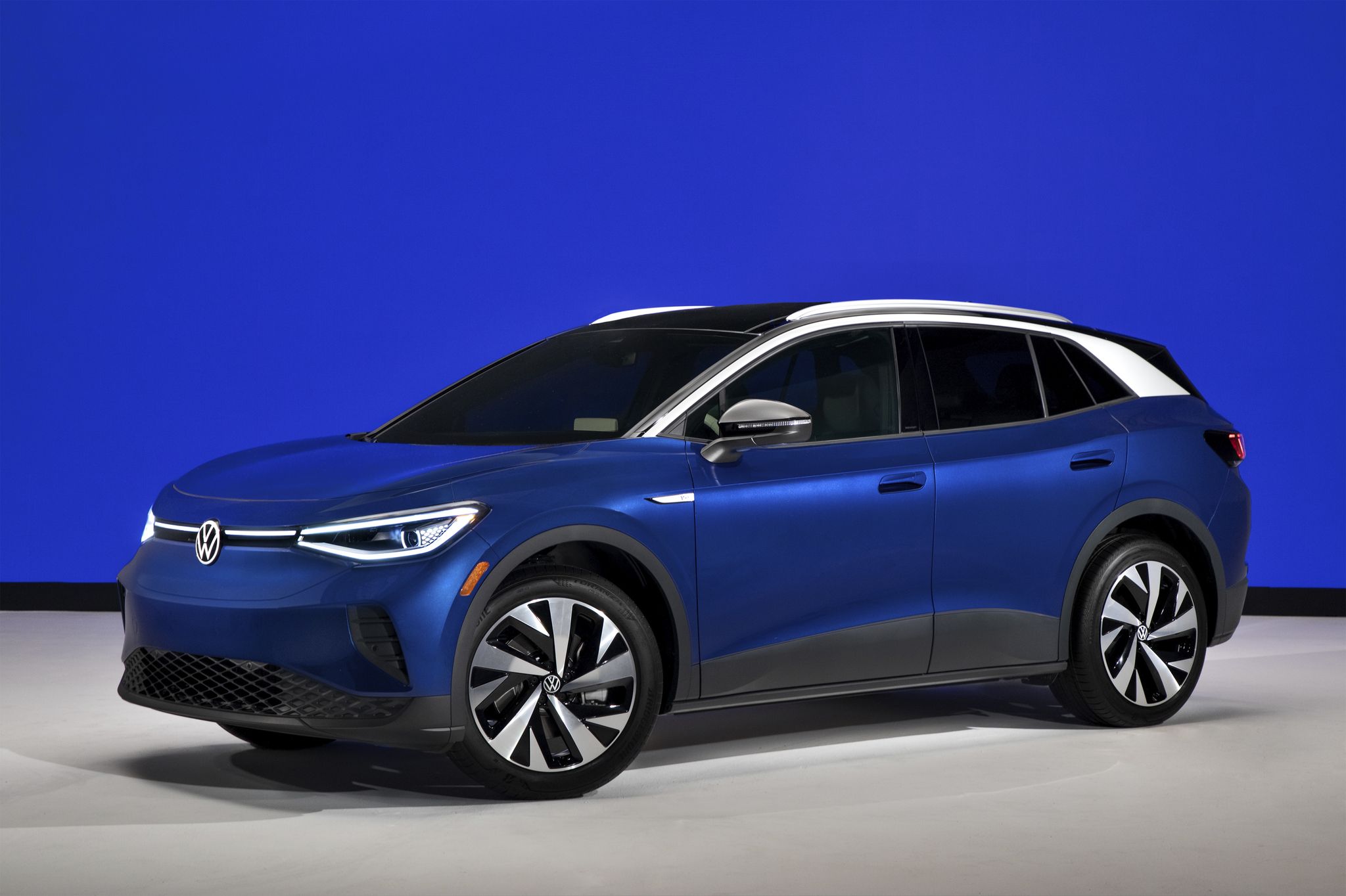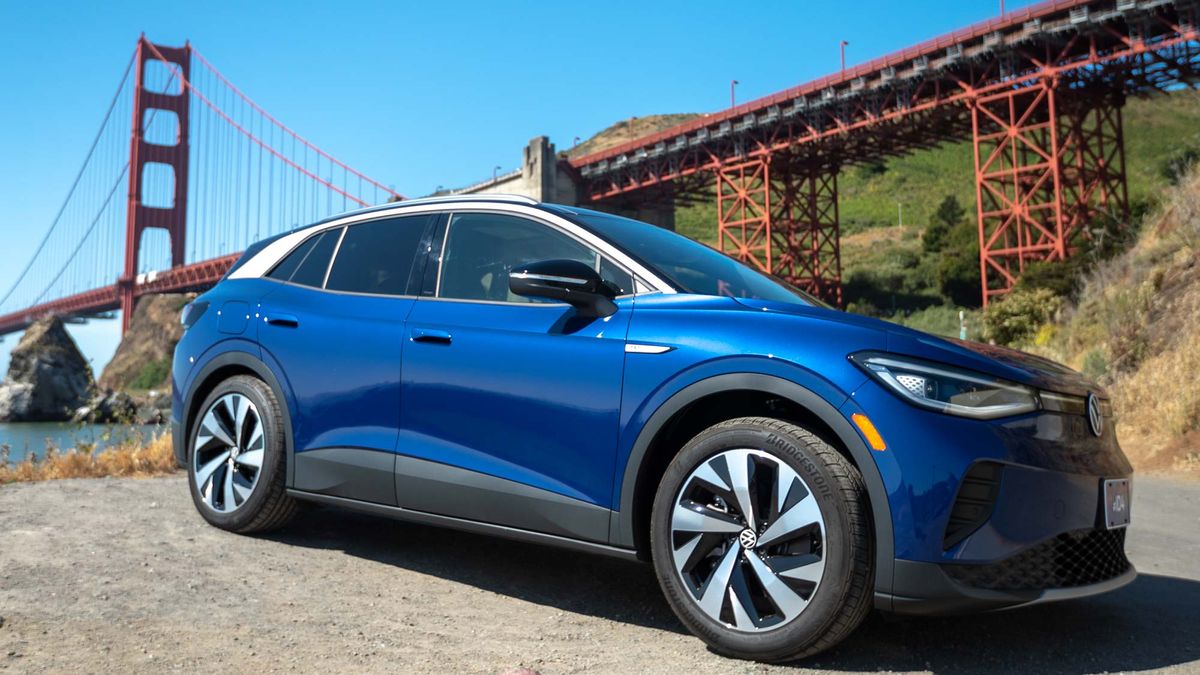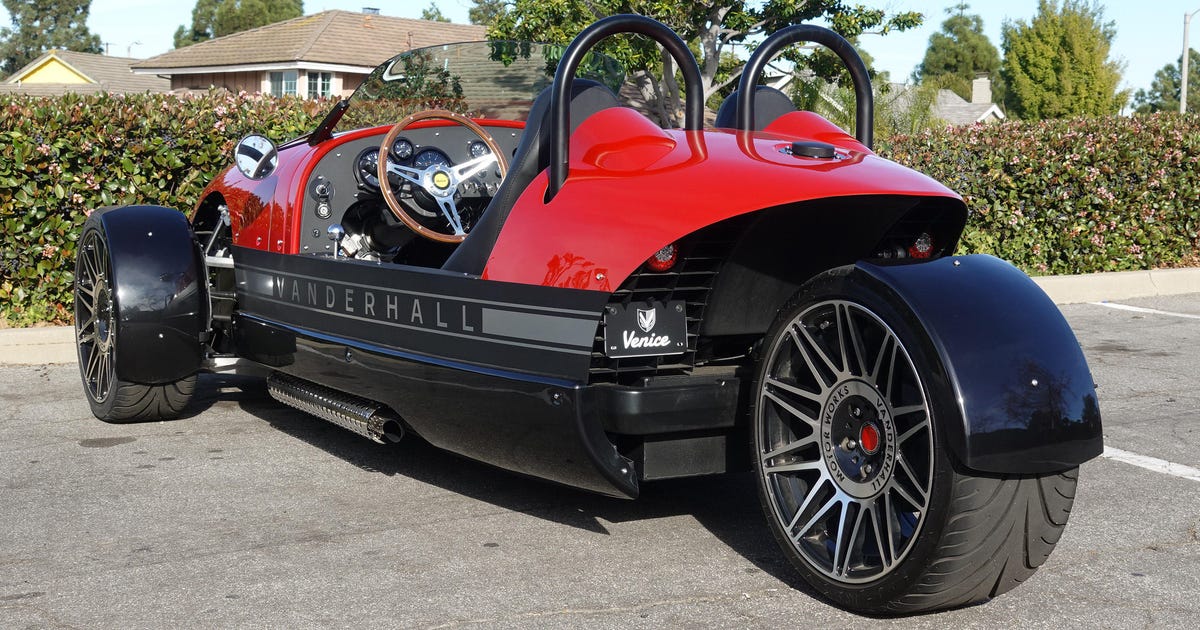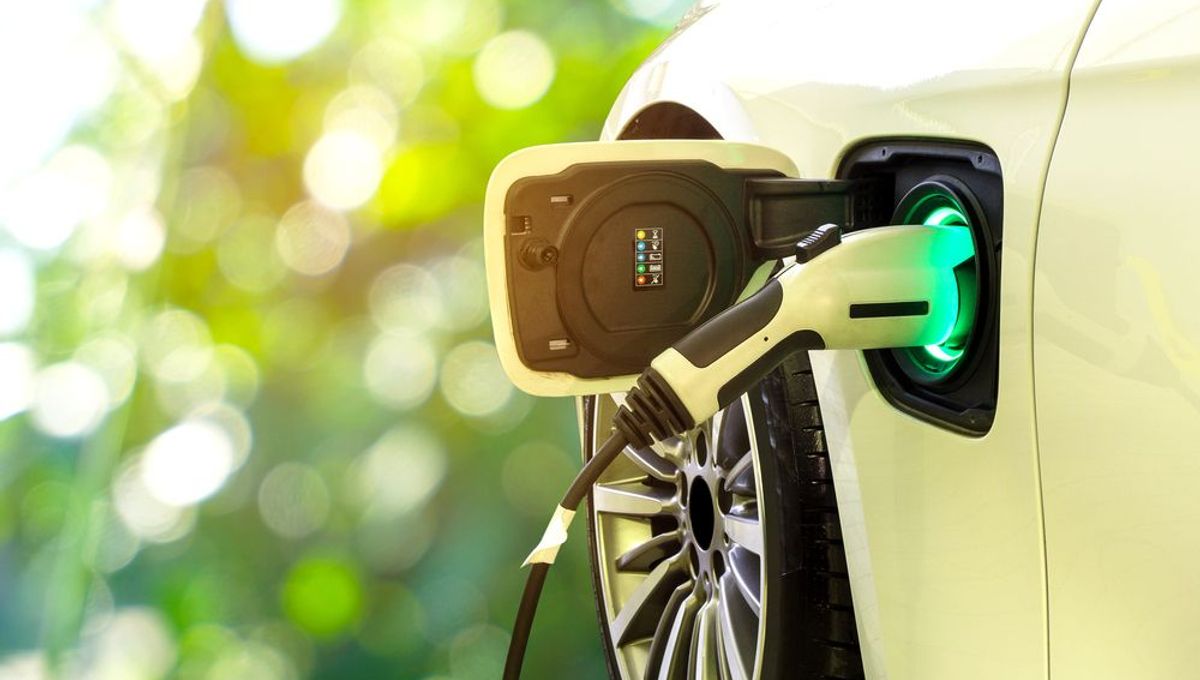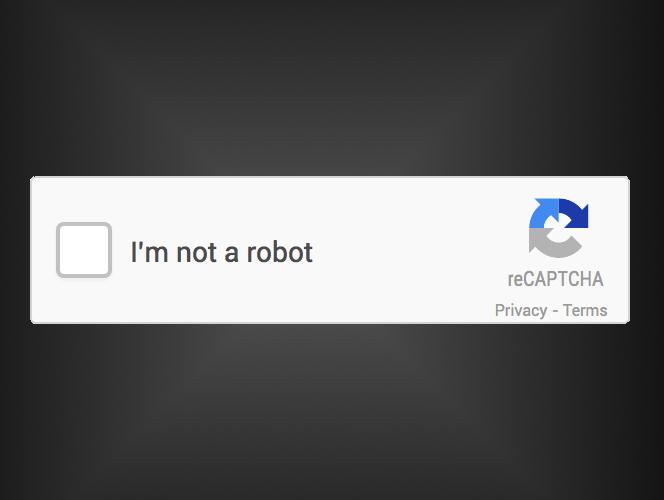Charge it right from your trailer over night. No more gas stations. Pretty sweet
to date, all the focus has been on the battery being built into, and a part of the car itself.
seems like an alternative strategy would be cars with an easily accessible battery bay where multiple smaller standardized modular batteries go.
you pull into the exchange station, attendant pulls empty and low batteries, does a meter read on the juice left in the ones he pulled, replaces them with full modular batteries, you pay the difference in juice from the pulled batteries and the full ones, off you go in the time it took you to go inside and pick up a pop and a lotto ticket.
different cars can have different sized battery bays holding more or less number of standardized modular batteries.
car buyers don't have to fret over the life of the car being the life of the battery.
initial agreements could be set up with exchange station groups.
car owner wouldn't own the batteries themselves, but get them from the exchange station groups.
you might have an initial payment to the exchange grouping for your initial battery load, but the car itself would be much cheaper, being you aren't paying for an expensive battery built into the car.
i'm guessing exchange station groupings would get creative on the financing of the initial battery load, and like with mobile phone carriers, might subsidize the initial battery expense in exchange for a guaranteed monthly exchange minimum.
exchange stations would be equipped with hi wattage/voltage/whatever charging bays where they would always be recharging the batteries they just changed out, to go into the next car once recharged.
existing gas station/convenience marts could be logical places for the exchange stations, could serve both gas and electric as long as needed, and could slowly transition over from gas as needed to meet demand.
run out of juice, you don't need a tow truck or a mobile generator.
just have someone bring you a full modular battery you swap out yourself, to get you to the next charging station.


